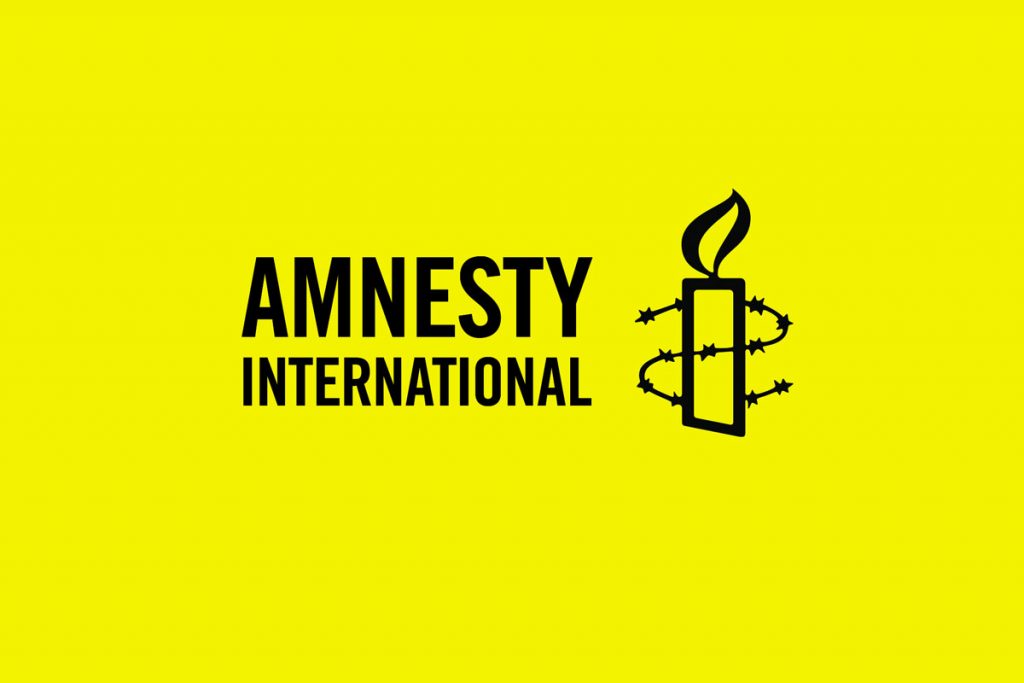Amnesty International's annual report summarizes the human rights situation for 2019, calling it the "Year of the Challenge". The organization criticized the governments’ "suppression" of peaceful demonstrations. This came during a press conference held in the Lebanese capital, Beirut, to present its report entitled: "Review of the human rights situation in the Middle East and North Africa: for the year 2019".
The report presented the human rights situation in 19 countries, highlighting many of the rights of peaceful protesters, women, refugees, foreign workers and others that were violated by governments. The organization's report explains that governments chose not to listen to the voices of protesters protesting various grievances, and instead resorted to brutal repression to silence peaceful critics, whether in the streets or on the Internet.
For her part, AMNESTY’s director of the Regional Office for the Middle East and North Africa, Heba Morayef, said that despite the bloody events that followed the 2011 uprisings in several countries, and the catastrophic deterioration of human rights in them, people had renewed their confidence in the ability of collective action for change. She added that the protests turned into long-standing waves of opposition, which represented a challenge to entire political systems.
Altogether, Morayef indicated that at least 136 people were imprisoned in 12 countries because of their online comments, including Bahrain.
In response, the organization called on the governments of the region to listen to the voices demanding social and economic justice and economic rights, and work to achieve these demands, instead of issuing orders to commit violations and serious crimes in order to remain in power.
The organization also called on the authorities to release all prisoners of conscience, to stop harassing peaceful critics and human rights activists, and to follow the recommendation of the UN Special Rapporteur on freedom of expression regarding stopping the sale and transfer of surveillance equipment, pending the development of a human rights-sensitive regulatory framework.
With regard to Bahrain in particular, the report stated that the authorities have stepped up their efforts to clamp down on freedom of expression, targeting in particular forums on the Internet, which are the last remaining means through which Bahrainis can criticize the government. Unfair mass trials continued to be used, both for people facing terrorism-related charges and for protesters. People were still stripped of their nationality, although hundreds of people who had previously converted to stateless persons had regained their Bahraini citizenship. Executions resumed, after being suspended since January 2017, and prison conditions remained poor and often represented a form of degrading and inhuman treatment. The Bahraini authorities continued not to allow independent human rights monitors to enter the country.

